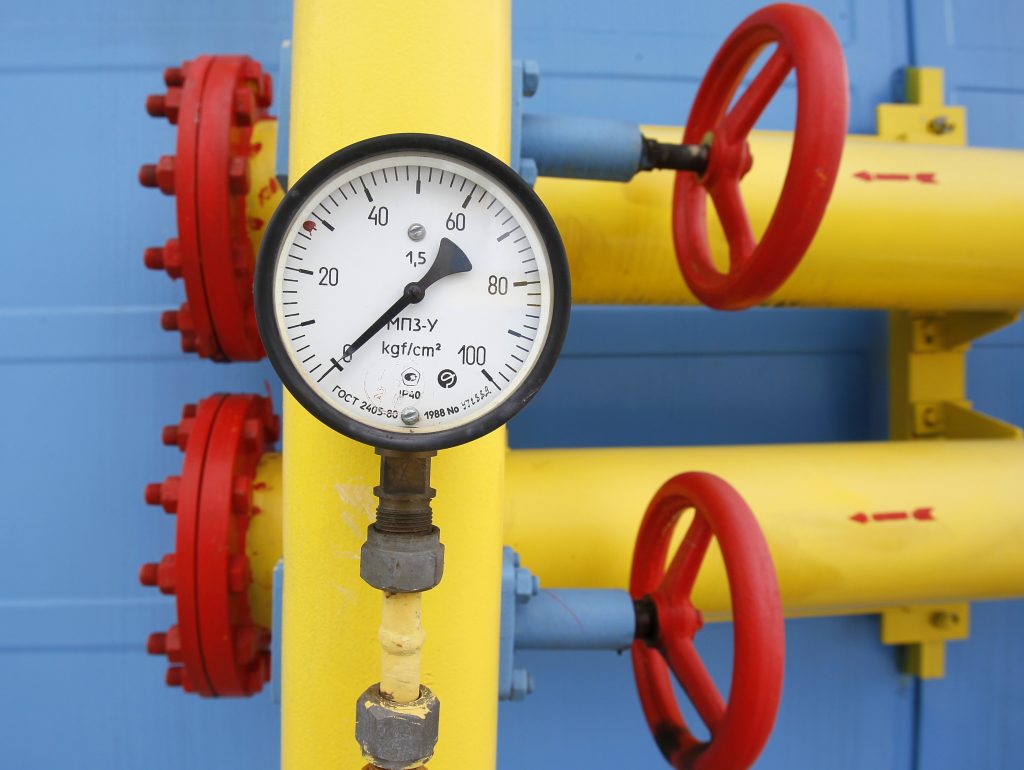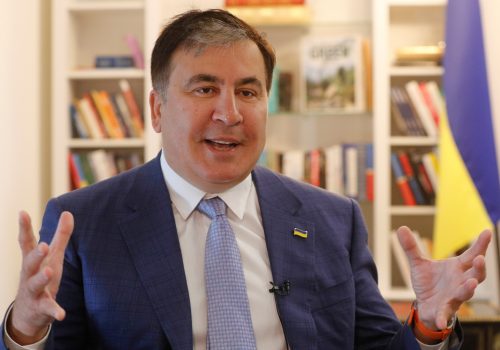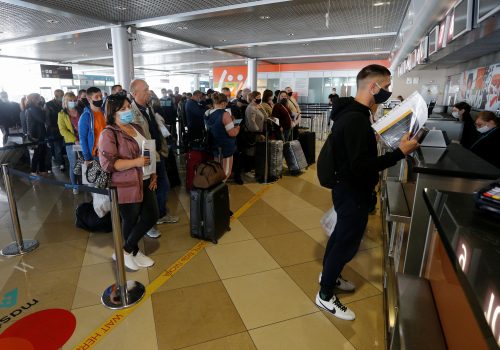Since the 2014 Euromaidan Revolution, Ukraine has made important strides towards reforming the country’s gas sector. It has opened up the market to private importers, partially deregulated prices, unbundled its transmission operations, successfully signed a transit contract for Russian gas, and encouraged dozens of European companies to use its large storage facilities by introducing a succession of attractive services.
However, despite visible progress, the gas sector remains vulnerable to political interference, with various groups seeking to overturn the management of state companies and in particular the leadership of Ukraine’s state-owned gas giant Naftogaz.
In recent months, that pressure has also extended to the newly unbundled transmission system operator GTSO, where the latest developments are becoming of particular concern as they could jeopardise its certification process and ultimately Ukraine’s transit contract with Russia.
At the end of May, MGU, a shell company set up to manage GTSO, announced that its sole shareholder, the ministry of finance, had terminated the mandate of its chair, holding him responsible for the “improper organisation” of the supervisory board’s activity.
The decision triggered discontent among other board members, with two independent representatives promptly sending a letter to relevant stakeholders, describing an atmosphere of political pressure and intimidation and threatening to resign. The letter mentioned that despite repeated attempts by the board to build constructive dialogue with the government, these pleas had not been answered.
Stay updated
As the world watches the Russian invasion of Ukraine unfold, UkraineAlert delivers the best Atlantic Council expert insight and analysis on Ukraine twice a week directly to your inbox.
There have also been reports of growing tensions between the independent board members and the two government representatives, which the latter rejected. The latest development is particularly worrying because the certification process of GTSO – a critical procedure confirming the divestment and independence of transmission operations – is to be completed at the end of June 2020.
With the dismissal of the supervisory board chair and the possible resignation of the other two members, as well as open claims of political interference, it is possible that certification will be called into question and rejected.
Government representatives have been at pains to explain that the termination of the chair’s mandate would not have any impact on the certification process, but some EU officials say events would benefit local politicians keen to extend control over a profitable company such as GTSO as well as Russia’s Gazprom. The argument is not unfounded.
Just as Ukraine’s ministry of finance announced the dismissal of the MGU chair on May 29, a group of 47 Ukrainian members of parliament with ties to Russia and led by former prime minister Yulia Tymoshenko applied to the country’s constitutional court to declare the unbundling of GTSO as illegal, stressing the strategic importance of the transmission operator. It is unclear what exactly prompted their application five months after the TSO was already unbundled and operating as a self-standing entity.
However, the fact that GTSO has become one of the highest earning companies in Ukraine, raking in important transit fees from a USD 7 billion deal with Russia’s Gazprom, may certainly have raised the interest of some individuals keen to extend their control over a large pot of money.
Eurasia Center events

It is also unclear whether the dismissal of the board chair, an experienced professional who is held in high regard in the EU, and accusations of political pressure over the MGU board, may have been linked to the political manoeuvring of the 47 MPs led by Tymoshenko.
One of the two government-appointed board members, Viktor Pynzenyk, previously served as a minister in Tymoshenko’s government. He has been keeping a low profile and has not made any comments. Although some of the MPs who signed the application to the Constitutional Court such as Viktor Medvedchuk and Vadim Rabinovich have links to Russia, there is no firm evidence to suggest that Moscow may have instigated the latest developments.
It is possible to argue, nonetheless, that it would be in Gazprom’s favour to see the certification of GTSO fall through and use this as a pretext to pull out of a five-year USD 7 billion transit contract with Ukraine. Under the terms of the contract, Russia has booked and is expected to pay for a maximum daily capacity of 178 million cubic metres in 2020. However, Russian gas transit in the first quarter of 2020 fell more than 50 per cent year-on-year.
Since the beginning of the year, Russia transited an average of 133mcm/day, which means that it has been using only three quarters of the total booked capacity but paying for the full 178mcm/day at a time when European hub prices fell to record lows, shrinking Gazprom’s profits.
With profits in sharp decline, pulling out of an expensive contract may be in Gazprom’s favor. It is true that from next year, Gazprom is expected to book a maximum Ukrainian daily transit capacity of 110mcm until 2024 when the contract expires. However, Gazprom is in a difficult financial position, seeing its market capitalisation diving 84% from a peak of USD 367 billion in 2008 to USD 58.8 billion by April 2020.
Furthermore, pulling out early of the Ukrainian contract and implicitly saving money on transit fees may allow Gazprom to concentrate resources on completing alternative transport routes such as Nord Stream 2 or the Balkan leg of Turk Stream 2, both of which are intended to isolate Ukraine.
International organizations including the European Union, International Monetary Fund, and World Bank which are involved in helping Ukraine reform its economy must now publicly speak out against political pressure targeting state companies such as GTSO. To safeguard Ukraine’s energy sector reforms, they must insist on conditioning any further financial support on firm guarantees of institutional independence.
Dr. Aura Sabadus is a senior energy journalist who writes about Eastern Europe, Turkey, and Ukraine for Independent Commodity Intelligence Services (ICIS), a London-based global energy and petrochemicals news and market data provider. You can follow her on Twitter @ASabadus.
The views expressed in UkraineAlert are solely those of the authors and do not necessarily reflect the views of the Atlantic Council, its staff, or its supporters.

The Eurasia Center’s mission is to enhance transatlantic cooperation in promoting stability, democratic values and prosperity in Eurasia, from Eastern Europe and Turkey in the West to the Caucasus, Russia and Central Asia in the East.
Follow us on social media
and support our work
Image: Alleged political pressure targeting Ukraine's recently unbundled gas transmission system operator GTSO is threatening to undo Ukraine's energy sector reforms and derail a multi-billion dollar transit contract with Russia's Gazprom. REUTERS/Gleb Garanich




